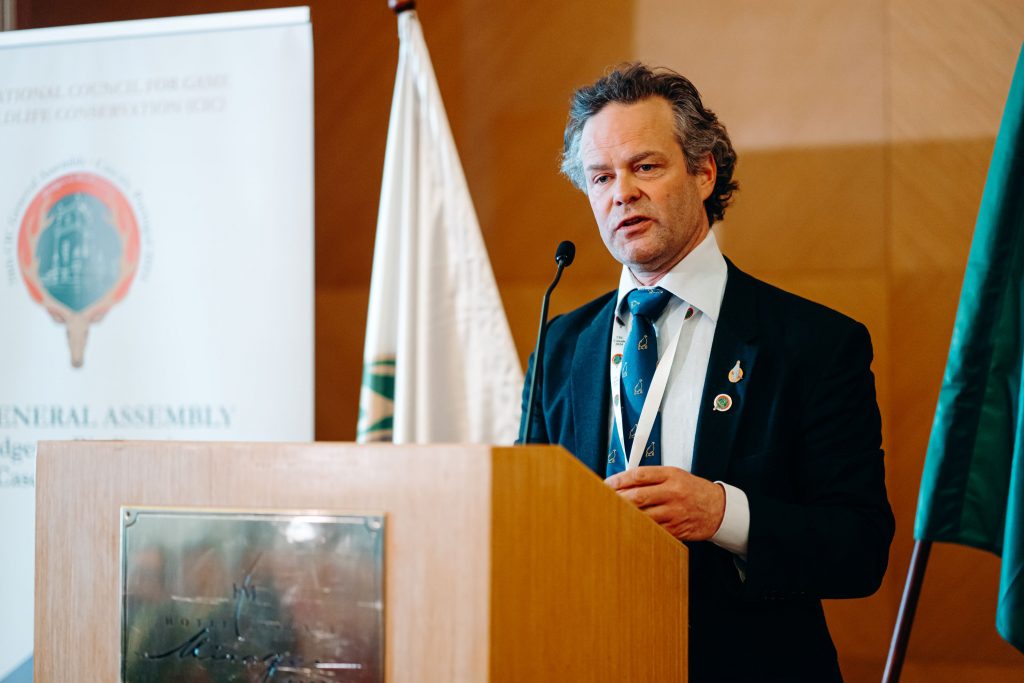The 70th General Assembly of the CIC opened on Friday 19 April 2024, in Cascais, Portugal, with some 350 delegates attending from across the globe.
Held under the theme “Bridges to Biodiversity,” the conference sought to explore the organisation’s role as a convener, uniting diverse stakeholders in support of the 2030 Global Biodiversity Framework (GBF) with the implementation of the 2030 Strategic Plan, which was adopted as part of proceedings.
Dr. Francis Buner, Head of the CIC Small Game Specialist Group and Head of Wildlife Recovery at GWCT, set the scene for this session by noting that practically all small game species are in decline in Europe.
While regional differences exist, most species are listed on the IUCN Red List, which is largely attributed to habitat deterioration.
Within this larger context, Dr. Buner questioned the practice of releasing game birds, with some 77 million birds released in Europe per year. On the ecological side, it was stated that releasing has no immediate benefit, together with some negative effects. From a public perception standpoint, it was suggested that the practice is also very hard to defend.
To show a possible alternative way forward, a project by the Game and Wildlife Conservation Trust conducted on the estate of the Duke of Norfolk in the UK was presented to delegates.
The estate operates wild bird shoots, with the farm transformed via the introduction of wildlife friendly practices that suit grey partridge including sophisticated predator management and winter feeding. As a result, grey partridge populations have thrived in the area, which has had a compounding effect for biodiversity as a whole.
Building on this discussion on the need for harmonious land use was Péter Pál Hajas, who owns and operates his own farm in Hungary.
By dividing his larger fields into smaller lots, a focus is placed on conserving natural habitats while improving connectivity. Ecosystem services are provided by enhancing the margins on the farm with flowers, helping place the farm in a more stable environment by improving pollination and biological crop protection.
On top of this, regenerative agricultural practices are utilised such as forgoing the use of diesel powered machines and instead harnessing the strength of living roots to improve soil health. By increasing the biological activity on the farm, it is profitable enough to not commercialise the shoot and release of game birds, choosing to manage wild populations instead.

